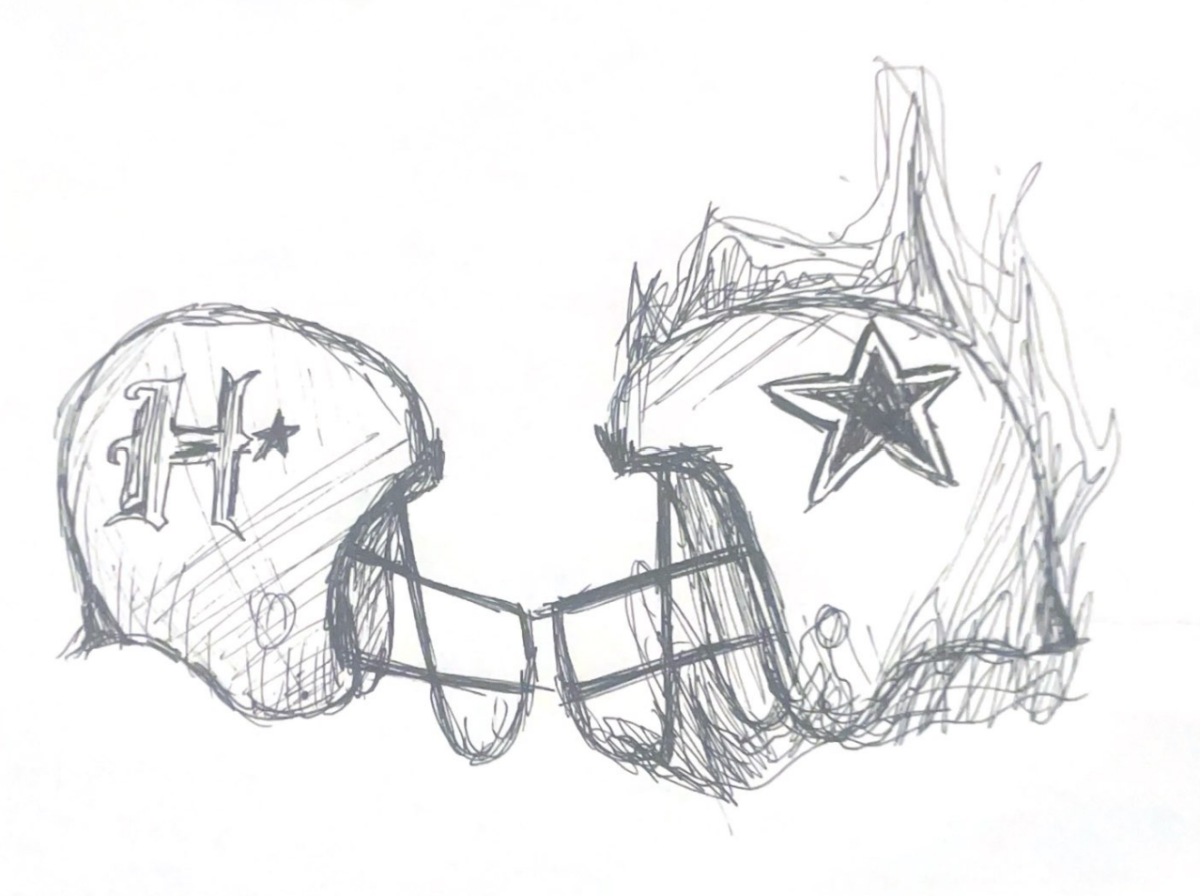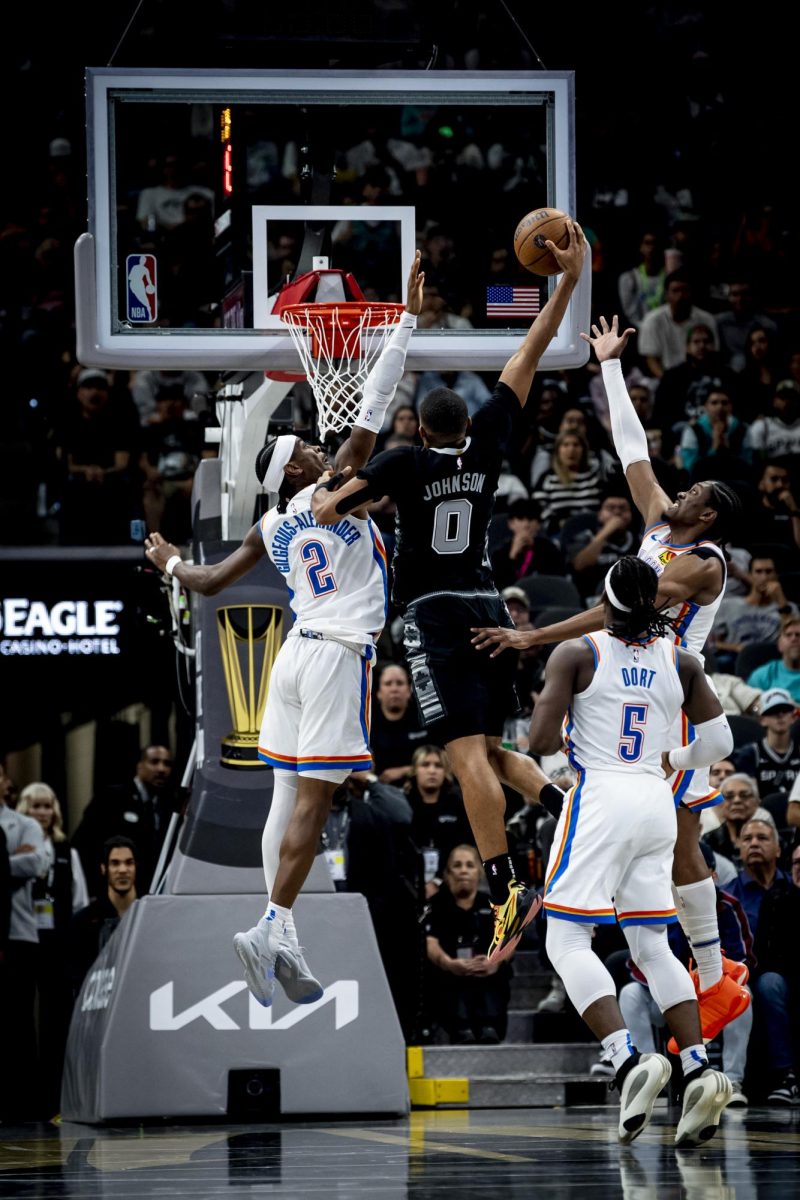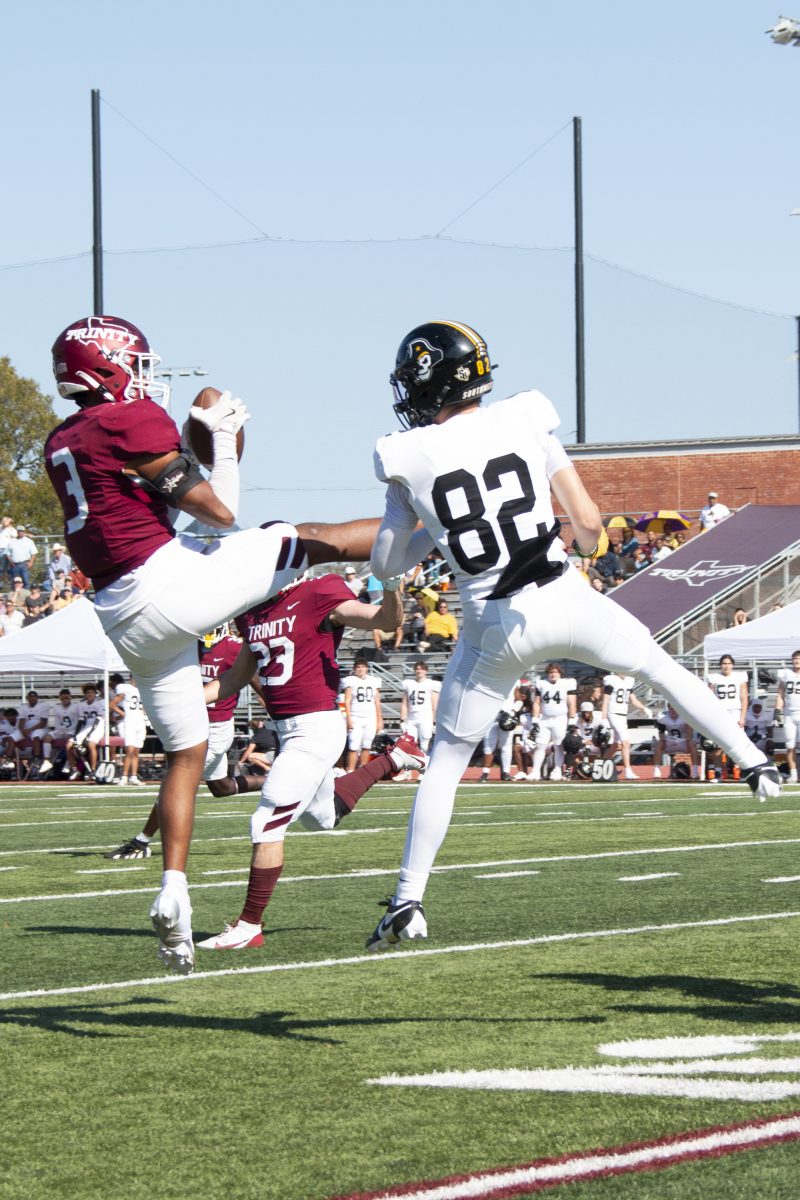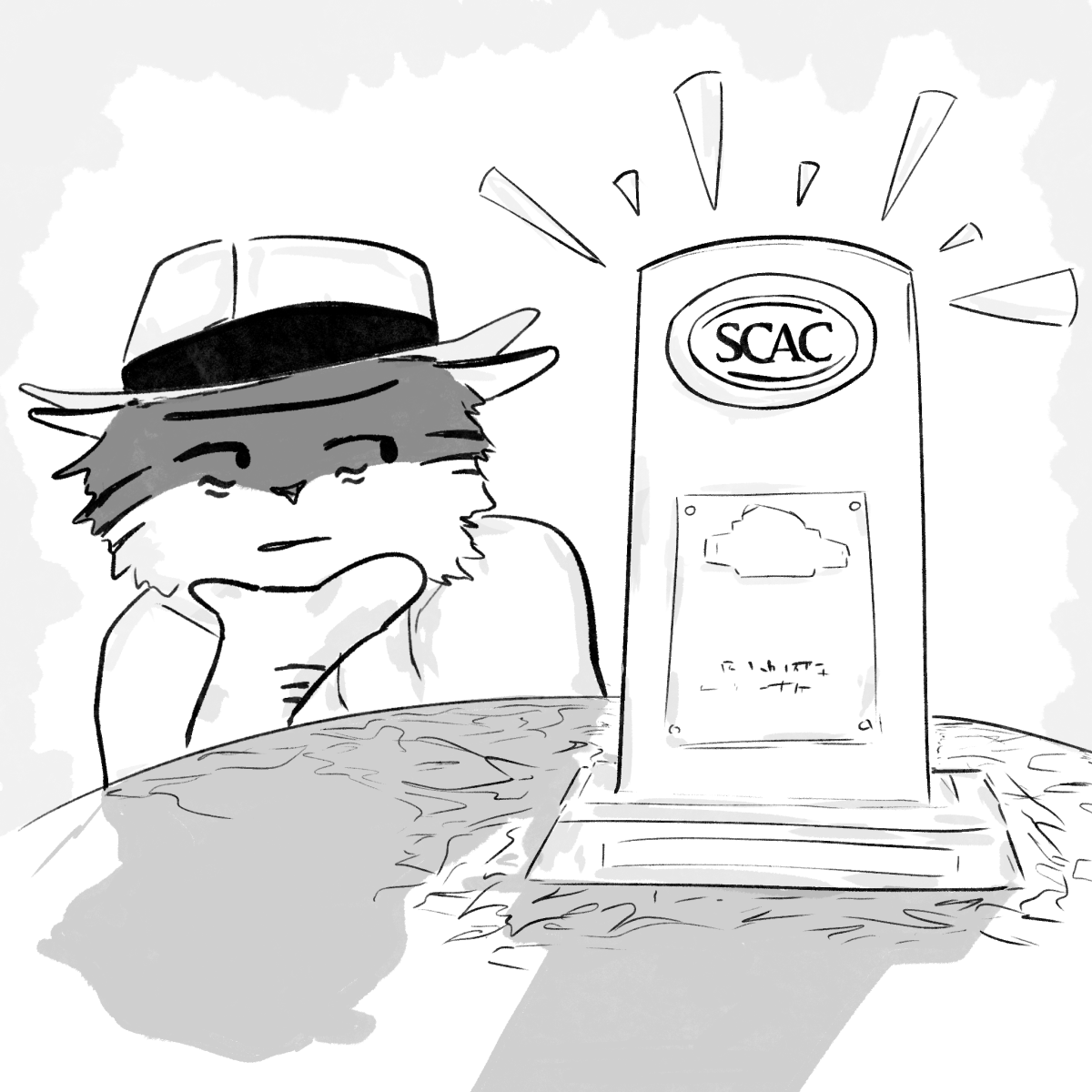The last World Series game to be played by the Chicago Cubs was in 1945, right after the end of World War II. It was that year that, according to baseball legend, tavern owner William Sianis, cursed the Chicago Cubs for not letting his goa,t Murphy, attend Game 4 of the World Series at Wrigley Field. Due to the billy goat’s odor, Sianis and his hooved friend were, depending on who you ask, either prevented entry at the ticket booth, removed by ushers or kicked out by club owner P.K. Wrigley himself. In anger, Sianis cursed the Chicago team, thus beginning The Curse of the Billy Goat. In the 71 years since the curse began, until the Chicago team won their pennant last week, the Cubs had never returned to play in the World Series, a championship they last won in 1908.
I am not going to pretend I ever cared about the Cubs before this season. I will not delude you into thinking that I grew up watching baseball or that I am an authority on the subject. I like baseball, but I know little beyond the basic rules of the game, the names of the teams and that Trinity is really good. I did not know the Cubs were even having a good season until a few weeks ago. I did not know the difference between a ball and a strike until March of 2015 when I was forcefully enlisted to join my high school softball team.
It would have made a lot more sense for my fellow sports reporter and actual, legit baseball player, Chris Garcia, to write about the World Series, but I wanted to write about this because I have a hunger to learn more. I also saw a story of collective and personal human emotion, which is the kind of sports story I hope to spend my life telling through film. Forget bullpens and batting averages, this is a historical moment with the power to momentarily unite a nation.
In and of itself, baseball is just a game. The players and the fans are the ones who gave meaning and significance to the shutouts and grand slams of this year’s series. In this historical World Series, underdog triumph and unexpected victory were an idea behind which Americans rallied, because unlike in this current election, the desired outcome of the World Series was clear and unifying. The Chicago Cubs presented a shared ideology in the marketable, tangible form of a major league baseball team. For this past week, when it came to baseball, we were all on the same side. The uniting desire for rectification, perseverance and victory after struggle is not limited to baseball. Baseball is many things to many people. For some it is a passion, for others a boring sport their grandfather cares about, but for many this past week, in some small wayk, a baseball game came to represent hope.
Inning by inning Americans clung to the hope that maybe, for just one day, the headlines would be about a broken curse instead of deleted emails and grabbing genitalia. A team winning the World Series after a century-long drought is a story America wanted and needed, more than ever before. There in the pastime of our past, we finally found something that everyone “” outside of Cleveland “” could get behind. Throughout the series, the eyes of the nation were fixed on the Chicago Cubs, and for one moment we put aside our many differences and agreed on one simple thing: “If they don’t win it’s a shame.”







